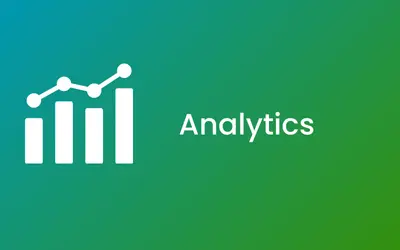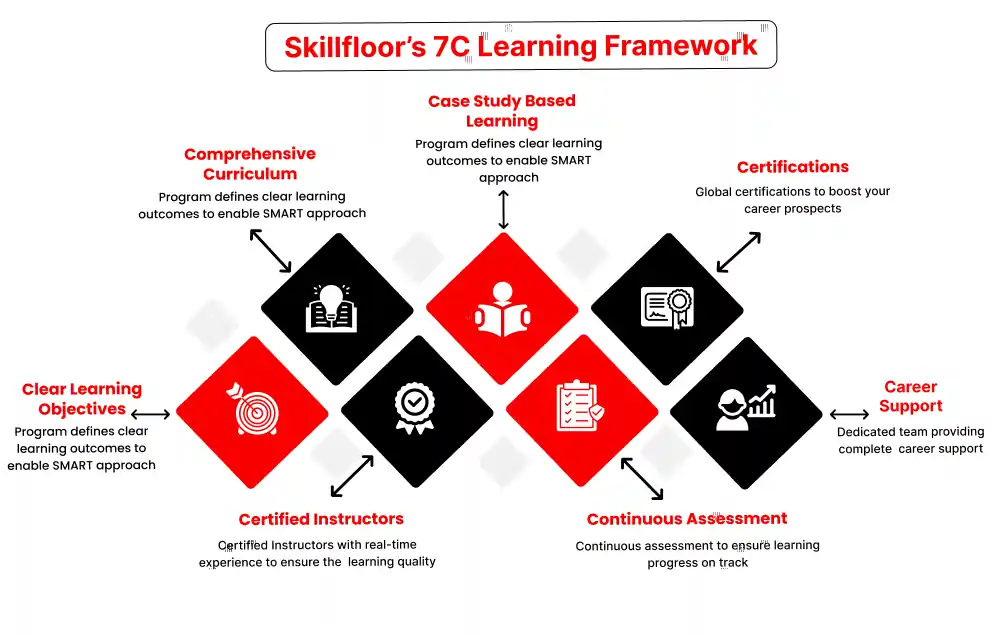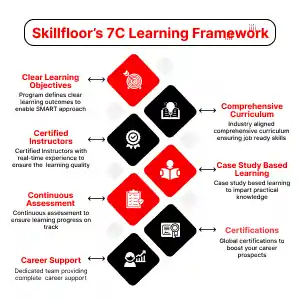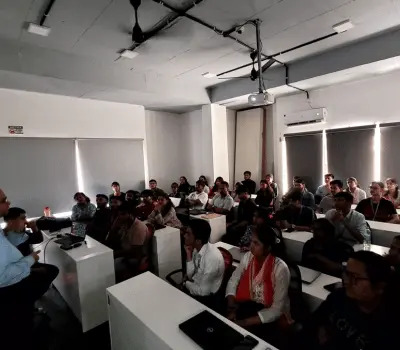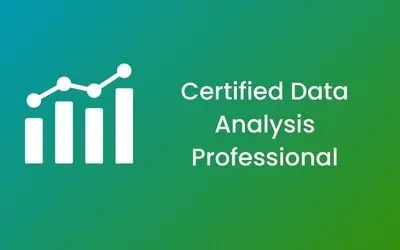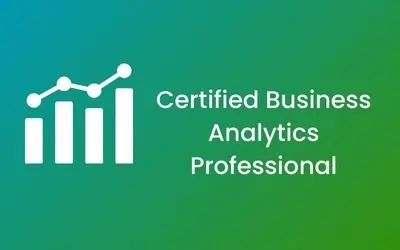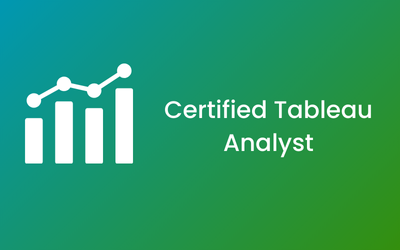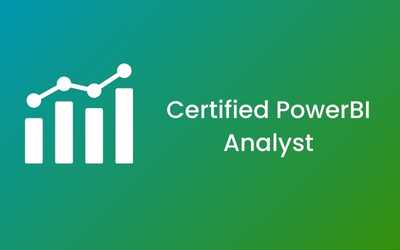ANALYTICS TRAINING IN PONDICHERRY
-

-
(11019 Reviews)
-
Career Opportunities: Explore exciting job openings in Pondicherry for roles like data analyst or business analyst. These positions allow you to help businesses make smart decisions using data.
-
Important Skills: Develop essential skills such as creating visual charts and graphs, understanding statistics, and using tools like Tableau and Power BI. These skills will help you interpret data and contribute to business success.
-
Practical Experience: Gain hands-on experience by working on real-life projects and internships with leading companies in Pondicherry. This practical exposure will boost your confidence and prepare you for a successful career in analytics.
